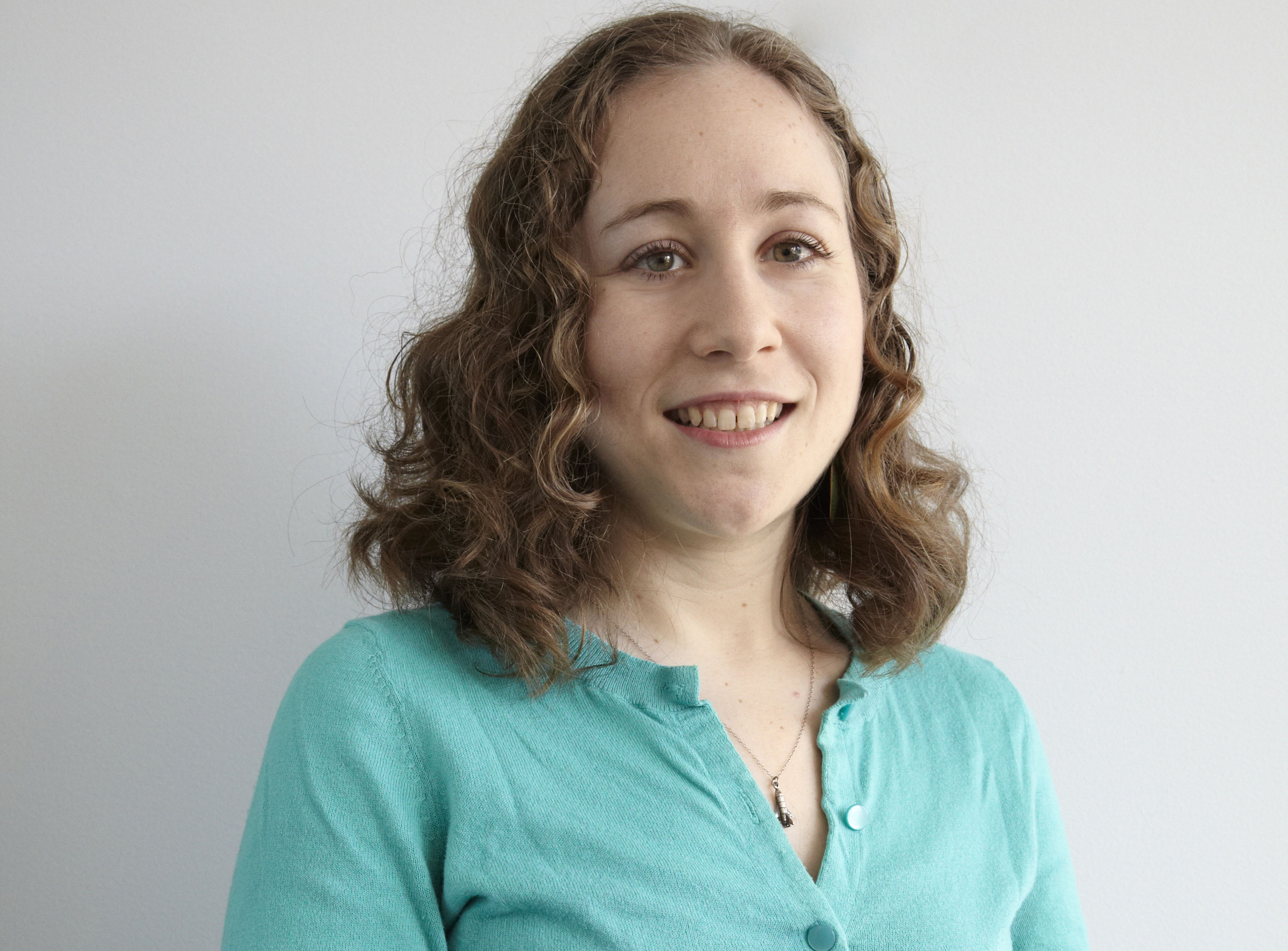More Liquor Stores Mean More Violence
SAN DIEGO – The more bars and liquor stores in an area, the more violence there will be, a new study finds.
Researchers compared crime statistics and listings of liquor licenses in Cincinnati to determine the connection. Convenience stores and carry-out sites that sold alcohol were the most strongly associated with assaults, but bars and restaurants that serve alcohol are also correlated with violence.
In fact, the statistics showed that adding one more liquor store per square mile would lead to 2.3 more simple assaults and 0.6 more aggravated assaults in the area.
The researchers didn't have data about whether the crimes were alcohol-related, so they can't be absolutely sure that liquor caused the violence, but they said they tried to account for other factors, such as age, race and poverty level in the area, that might explain the connection.
"We did our best to control for the social and demographic characteristics that help explain patterns of violence," said researcher William Pridemore, a professor in the department of criminal justice at Indiana University.
Pridemore and his co-author, Tony Grubesic, a professor of geography at Indiana University, presented their findings Sunday here at the annual meeting of the American Association for the Advancement of Science.
The scientists can only speculate on why liquor stores seem to cause more violence than bars and restaurants in an area.
Sign up for the Live Science daily newsletter now
Get the world’s most fascinating discoveries delivered straight to your inbox.
"In restaurants and bars, there's a little more structured control," Grubesic told LiveScience. "If you're binging, they might cut you off."
The researchers said their findings could suggest ways communities could try to cut down on violence. For example, cities could reduce the number of liquor permits that are granted in a certain area, or set density limits on how many alcohol venues can exist in a given space. They also suggested the hours of bars and liquor stores could be adjusted.
"If there is some kind of propensity for all of the bars to close at 2 a.m., you might want to stagger those release times so not everybody's being released onto the street at the same time after a night of drinking," Grubesic said.
- People Really Do Look Better When You Drink
- Girls Equal, Exceed Boys in Substance Abuse
- Understanding the 10 Most Destructive Human Behaviors
Most Popular


